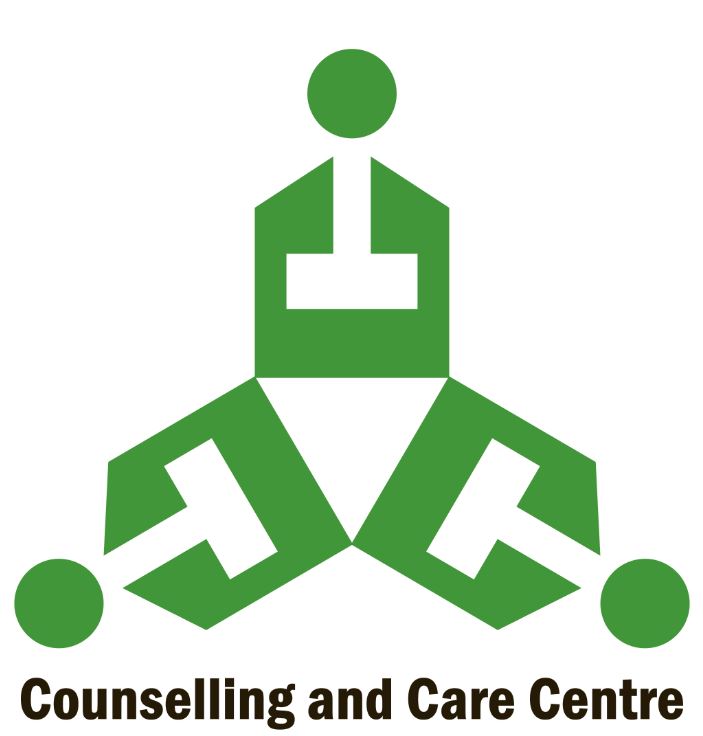Attendance requirements
Trainees are expected to be present at all scheduled sessions. If, for any reason, you are unable to be present, please email Course Chair and Admin Executive (Training) to apply for a leave of absence preferably one day earlier, citing the reason.
A trainee on medical leave is required to furnish the medical certificate to the Admin Executive (Training) by the following training session.
A minimum of 80% attendance of total course hours is strictly required. A trainee who is absent from class for more than 20% of course hours without notice and valid reasons may be deemed to have withdrawn from the course.
Additionally, 90% attendance is required every month for trainees who are Student’s Pass holders. CCC will notify the Immigration & Checkpoints Authority Singapore (ICA) whenever a Student’s Pass holder has a monthly attendance of less than 90%. Additionally, Student’s Pass holders who miss 7 consecutive days of class will be liable to have their Student’s Pass cancelled with effect from the 8th day and the Letter of Cancellation will be sent to the student’s place of residence in Singapore as registered with CCC.
Trainees’ Status at CCC
Throughout the period of training, Trainees who are required to see clients of CCC for practicum will be introduced as “Associate Therapists”. This title is strictly used at CCC only for purpose of clinical work with clients.
Dress Code for Clinical Work
Trainees are required to dress appropriately for their work with clients, both when seeing families, and also when consulting with their colleagues in the supervision group.
Cleanliness & Use of Utilities
Trainees should help maintain general cleanliness of premises. It is also appreciated that trainees help to ensure that lights, air-cons and all video/audio systems are switched off when not in use.
Code of Conduct (Trainees) – Trainee Academic Dishonesty Policy
-
-
-
-
-
- There is an expectation for trainees to be authors of their own work and to acknowledge when they use other authors’ words or ideas when preparing their assignments and/or assessments.
- Any examples of inappropriate use of sources or use of others’ work in place of your own, will be penalised.
- Failure to understand and follow protocol on academic conduct may ultimately result in a trainee being subjected to disciplinary actions or terminated from their course.
Please refer to details of Academic misconduct- Trainee Academic Dishonesty Policy
Definition of Misconduct
Trainees enrolled into the courses of CCC are expected to conduct themselves appropriately in a manner that shows respect to fellow course mates and staff of CCC at all times. If a trainee is alleged to have misbehaved badly or engaged in wrongful behaviour, the Course Chair conducts an investigation.
Examples of bad or wrongful behaviour include but are not limited to the following:
-
-
- Possession / consumption of prohibited product or drugs
- Vandalism
- Plagiarism
- Copying or cheating in tests or assessments
- Physical or verbal abuse
- Sexual misconduct
- Abuse or misuse of furniture or equipment
- Stealing
- Fighting, hooliganism and extortion
- Being persistently or frequently late for lessons or training sessions
- Absent without valid reason for more than 3 consecutive sessions
- Defiance of CCC’s rules and regulations
- Violation of the laws of Singapore
Consequence of Misconduct
Based on the facts that are uncovered, the Course Chair in consultation with the Executive Director / Management Team, if need be, decides on the appropriate disciplinary measure that is educative and proportionate to the bad or wrongful behaviour. For example, the Course Chair will initiate contact via email/phone to trainee who is absent for two (02) training sessions consecutively without notice and valid reason, to find out the reasons for the absence and to counsel the trainee if necessary.
While not limited to the list below, the disciplinary measure (s) taken may be one or more of the following, depending on the severity, and at the sole discretion of CCC:
-
-
- Counselling Sessions as part of early intervention measures
- Verbal warnings
- Issuance of warning letters
- Reduction of marks for a test or assessment
- Suspension
- Expulsion
- A fine
- A Report to Police

 Supported by
Supported by
